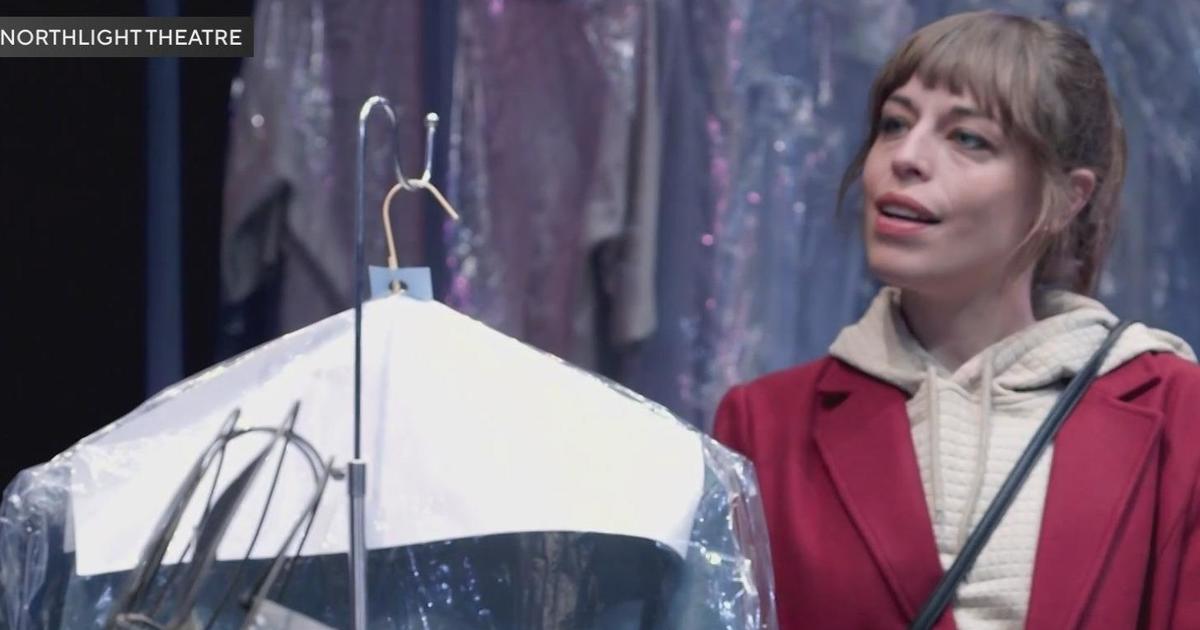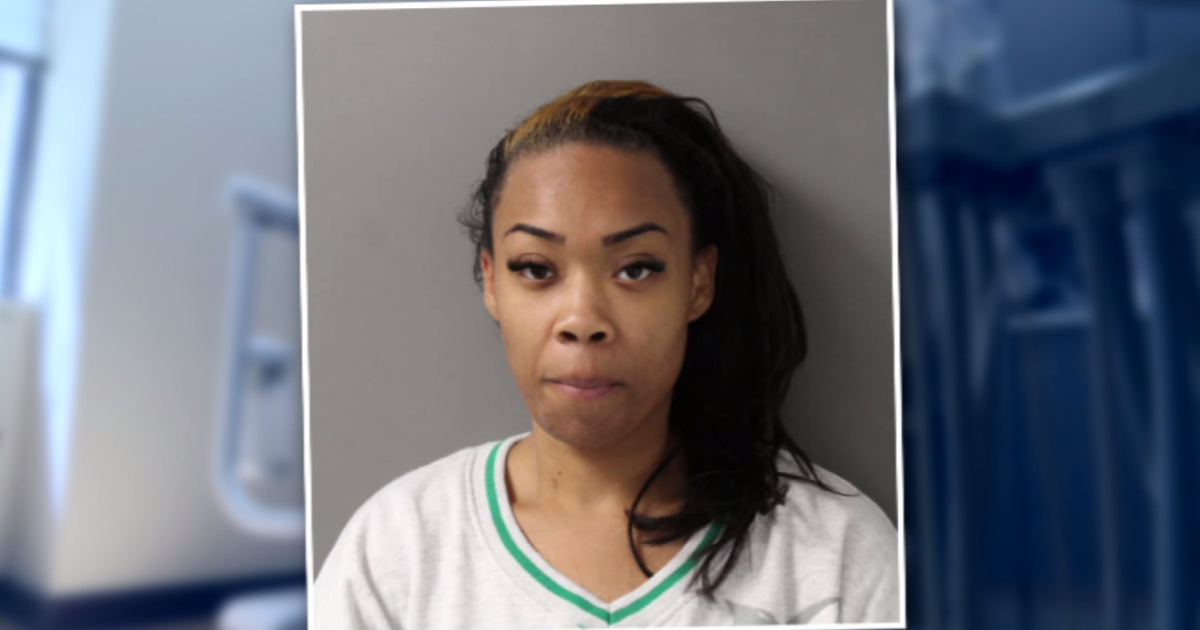DNA Testing Can Help Detect Possible Health Risks; 'Genetics Is Not A Crystal Ball'
CHICAGO (CBS) -- The price of DNA testing to see if we are genetically more likely to develop certain health complications is dropping, but the benefits are still out of reach for many who can't afford it. One area hospital is now offering the tests free of charge to help patients better prepare for the health risks ahead.
CBS 2 Morning Insider Vince Gerasole took the test and shares the changes he now has to make in his life.
The world of genetic testing can save lives, helping patients detect mutations in their DNA that could lead to certain types of cancers and other medical complications.
"The benefits, they can be many," said Dr. Peter Hulick, medical director of the Mark Neaman Center for Personalized Medicine at NorthShore University HealthSystem.
You've seen the commercials; once costing thousands of dollars, DNA tests are now marketed to the masses at prices a bit more reasonable, most near $200. It's still a price not all can afford; minorities, especially, have been under-represented in the populations taking the tests.
"That's part of the reason why we opened this to our primary care network, so anyone of any ancestry can have access to this information," Hulick said.
NorthShore University HealthSystem is now providing DNA screening free of charge through a program called DNA 10K.
It aims to make interpreting the results and taking action if necessary part of standard health care.
"What it allows us to do is to make a better plan, so that you can be proactive with this information so that we can get you on the right screening and prevention path," Hulick said.
CBS 2's Vince Gerasole participated in the process. Following a quick blood draw, his sample was sent to the labs at health technology firm Color. In a few weeks, a genetic counselor reviewed his results by phone.
The results included a significant red flag: several women in Gerasole's immediate family have died from breast cancer, so it was not much of a surprise that he tested positive for the BRACA 1 mutation, making him more likely to develop male breast cancer, as well as pancreatic and prostate cancer.
"Genetics is not a crystal ball. It doesn't predict your life. It doesn't tell you when or exactly if something is going to occur," Hulick said.
However, the results can help patients consult with their doctors and make choices ranging from lifestyle to more frequent medical screenings to preventative surgeries like breast removal.
"It's not destiny. Genetics isn't destiny," Hulick said.
But if available to more patients, it could be destined to help.
Call 847-570 GENE (4363) to learn how you can participate.



